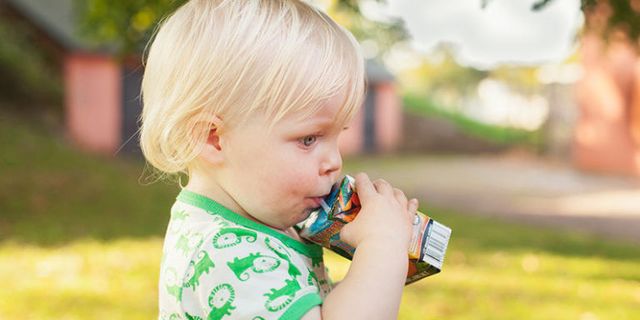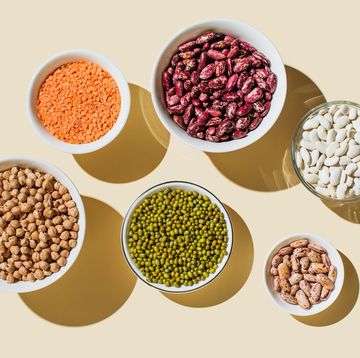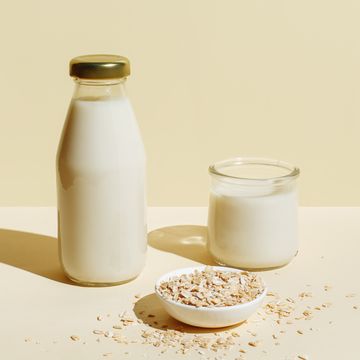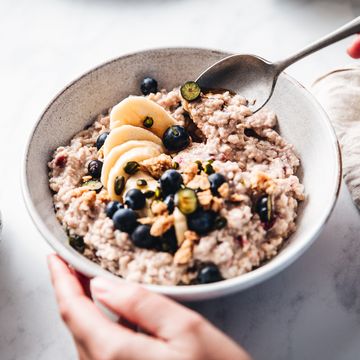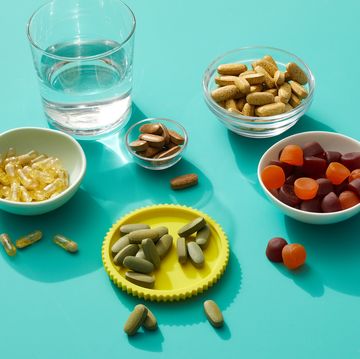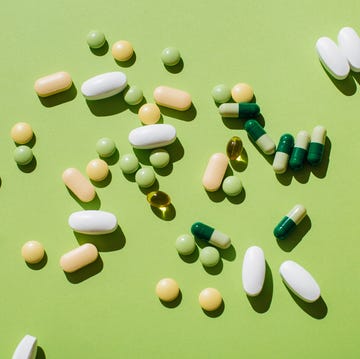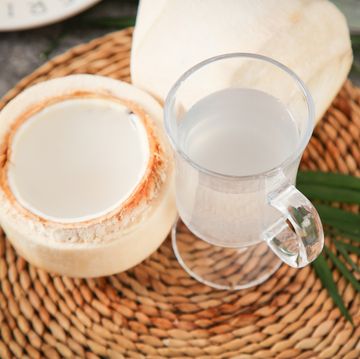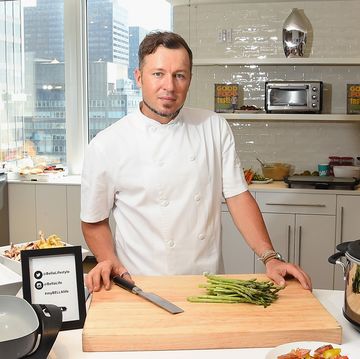One hundred percent fruit juice might seem like a healthy option, but according to new recommendations from the American Academy of Pediatrics, it's best to keep the sweet drink out of kids' sippy cups.
New guidelines published this month state that fruit juice should not be given to children under the age of one unless specifically advised by a doctor. Previous recommendations recommended that children avoid fruit juice until they were six months, but the group says that they decided to make the change based on the rise in obesity rates and concerns about tooth cavities.
"We couldn't really see any reason why juice was still part of the potential recommendation for 6- to 12-month-old kids," Dr. Steven A. Abrams, chairman of the Department of Pediatrics at the Dell Medical School at the University of Texas and co-author of the policy statement, told CNN. "We recommend breastfeeding or formula in that age group, and there really isn't any need or beneficial role for juice, so we kind of made that adjustment."
After one year, the academy says that 100% fresh or reconstituted fruit juice can be a healthy part of a well-balance diet. They recommend no more than four ounces daily for toddlers between one and three. Children ages four through six should keep their daily juice intake between four and six ounces and those ages seven to 18 should have no more than eight ounces a day that make up their recommended two to two-and-a-half cups of fruit per day.
Jaclyn London, MS, RD, CDN, Nutrition Director at the Good Housekeeping Institute reminds parents that even if they are following the recommendations, it's important to look at the ingredients in the juice they are giving their children.
"Remember that despite the fact that many forms of juice may be labeled 'no sugar added,' the amount of concentrated sugar in juice is still higher in calories and lower in nutritional value than eating a whole fruit," she says. "The benefits of fruit — prebiotic fiber, water, antioxidants, and minerals — are often lost during the juicing process, leaving you with nothing more than the fruit's sugar instead of providing a wholesome, nutritious, real food."
London adds that feeding this concentrated form of sugar to kids conditions the palette from a very young age to enjoy the taste of something much sweeter than its original fruit form. When it comes to babies and beverages, it's best to opt for water and milk (or formula) to allow them the full enjoyment of real veggies and fruit as they grow.
[h/t: CNN
Lindsey works with the Good Housekeeping Institute to test and review products including appliances, bedding, baby items, pet products and more.
